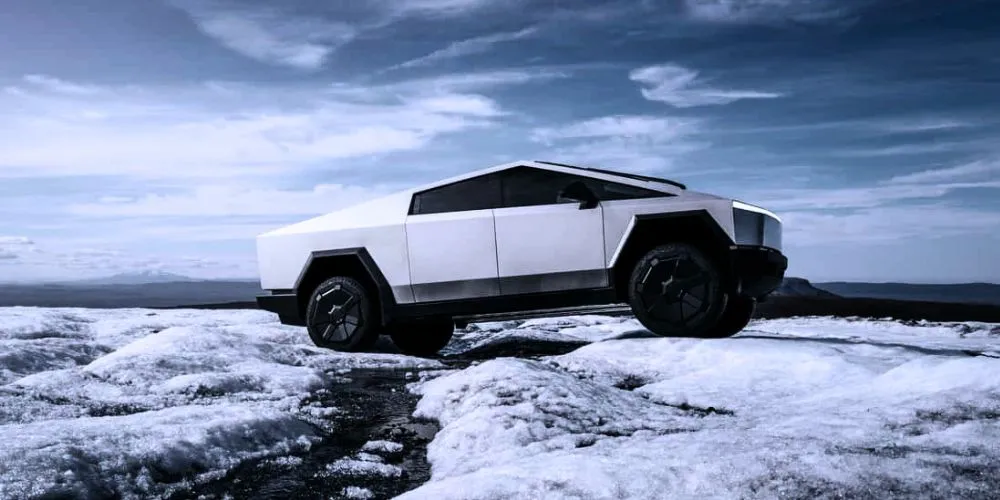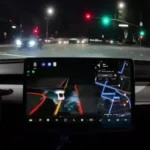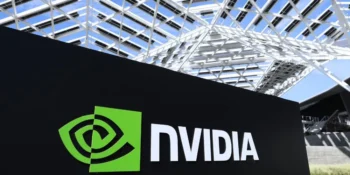Tesla’s long-anticipated Cybertruck has made its debut, but reactions are mixed as some customers express disappointment over the pricing and driving range. Two years behind schedule, the futuristic electric pickup faces competition in the hot pickup truck market, competing with models like Ford’s F150 Lightning, Rivian Automotive’s R1T, and General Motors’ Hummer EV.
Priced at a starting point of $60,990, the Tesla Cybertruck is over 50% more expensive than Tesla CEO Elon Musk had initially promoted in 2019, potentially limiting its appeal. The stock market has responded with a more than 2% drop since the launch. While some customers, like Reddit co-founder Alexis Ohanian, praised the Cybertruck for its smooth drive and SUV-like feel, others, such as financial services executive Christian Cook, expressed disappointment over the higher-than-expected pricing and shorter driving range.
Cook, who had made financial decisions based on the assumption of buying a more affordable Tesla Cybertruck with an extended driving range, voiced his dismay, stating that his respect and loyalty to Musk and Tesla have taken a hit. Analysts, including CFRA’s Garrett Nelson, predict that the steep price may lead to reservation cancellations, prompting Tesla to adjust pricing based on demand in the future.
Despite the mixed reactions, the Tesla Cybertruck, known for its bullet-proof stainless steel design and James Bond-inspired aesthetic, is expected to enhance Tesla’s brand image, which has faced challenges due to previous steep price cuts. However, analysts like Spencer Imel caution that while the Cybertruck attracts attention, it might not significantly contribute to Tesla becoming a mass-market brand, especially as it competes with more mainstream offerings from brands like Ford.
Analysts anticipate that the Tesla Cybertruck may not have a substantial financial impact on Tesla soon, with Bernstein forecasting 250 deliveries this year and 75,000 for the next. The company’s warnings about the challenges in scaling production and achieving positive free cash flow until mid-2025 have raised concerns about profitability and brand refresh for Tesla, especially amid rising competition and softening electric vehicle demand.










